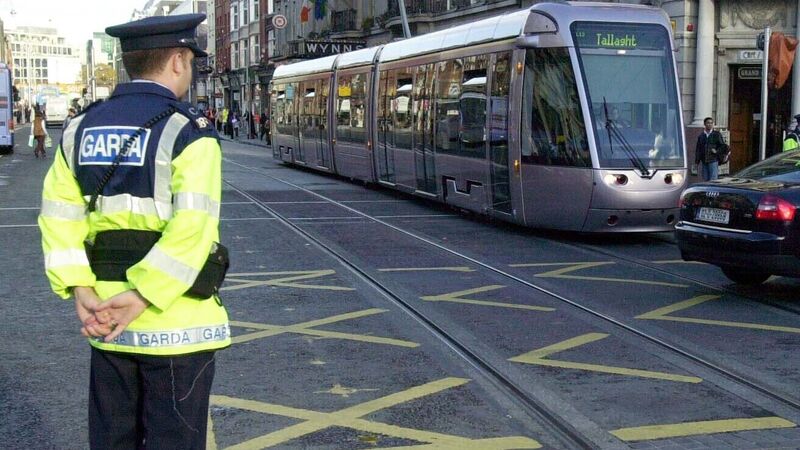New transport police must have powers of arrest, says justice minister

The idea for a new transport police has now made its way into the programme for government. File picture: Leon Farrell
A new transport police earmarked to be introduced by the Government must have powers of arrest, the Minister for Justice has said.
Jim O’Callaghan said establishing the new police force was a priority for him as justice minister.











